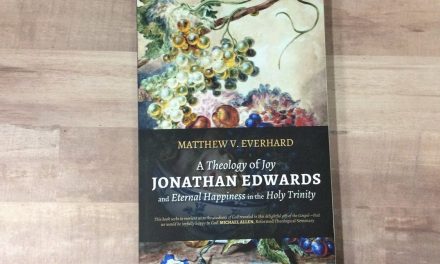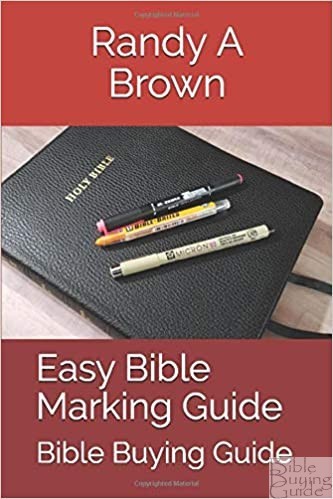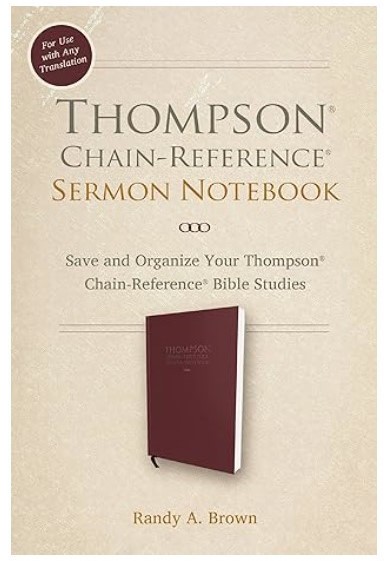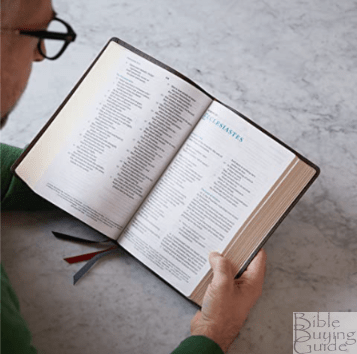A recent article in Christianity Today, titled Hacking the Bible, discusses the use of technology to pick and choose verses from 30 translations and placing them together to build your own version. This means that everyone, with no knowledge of Greek or Hebrew, can build their own translation. Everyone from common people, to celebrities, to preachers, to atheists, can build a version of the Bible. The article gives some examples:
choosing among the many translation possibilities for each phrase in 1 Corinthians 13:2— “understand all mysteries” vs. “know all mysteries,” and “have not love” vs. “do not love”
This raises many questions and concerns.
Do we do this anyway?
We all choose a Bible translation for ourselves, our families, and our Churches based on our own beliefs. Some choose the KJV because they like the poetic language; others choose the ESV because of its popularity among scholars, while others choose the NIV because of its readability. Aren’t we already choosing a translation based on our own tastes? Would it be any different to choose individual verses based on our personal beliefs or agendas?
Not all translations are created equal.
One of the greatest problems I see with this is not every translation has rendered a verse accurately or with the same purpose. What could happen if we take a verse from a literal translation and blend it with a verse from a thought-for-thought translation?
Does having translation notes in the margin do the same thing?
There are several types of manuscripts used to translate the Bible. Some Bibles, such as the ESV and NKJV, place translation notes in the margins or footer to show variant readings. This is not the same thing as picking and choosing what readings we want from the verses. The variants between the manuscripts are given, but the translation philosophy remains intact.
Variation between some renderings, like the example given from 1 Cor. 13:2, wouldn’t make much difference, but when you add in the other 28 translations that you could choose from – each having its own translation philosophy – blend that with the shocking pop-star of the week or the guy that wants to convince us we’re all from Mars, and we could end up with almost anything. I think it has the potential to be dangerous.
What do you think?












Dear Randy:
I think that reading these various verses or books is fine, one can gain some insight from doing this. To cobble together a “Bible” this way is I believe foolish! What is the criteria for choosing one version for one subject and another for a different one. Folks should understand that each translation was compiled by a large group of first class scholars and each group included context even the whole bible as they translated it in their deliberations in selecting words sentences, paragraphs right down to the whole approach to the bible.
This is just laziness, or perhaps the desire to find something that supports personal views. Better to select a translation you trust, then cross check for other variations. Perhaps the best solution is to learn Greek, Hebrew, and Latin, then you will be able to translate for yourself. I can do a fair job of reading Latin, but Hebrew and Greek are not accessible to me except for dictionaries and grammars. Millions have learned these languages with a little work and patience, John Calvin taught himself to read Greek to the satisfaction of the best scholars in Europe in SIX MONTHS!
I think it is probably wiser to generally depend on the group of scholars and translators that put together a given translation. If you have questions, by all means check other translations for enlightenment, but put your trust in the one you have selected. There have been published critiques that expose the strength and weaknesses of the various translations. Usually these will support one translation over the others. For a vigorous support of the of the Authorised translation for instance, (KJV), for those of you who don’t know what the Authorised is, go to tbsbibles.org linked on this site; they have listed dozens of scholarly articles of support or the Authorised, and criticism for the others. Generally they contend that the Authorised is not perfect, but it is the best we have in English, I myself agree with this and add that I love the elegant english as well.
Cobbling together a “Bible” based on personal prejudice from perhaps a dozen different translations and different viewpoints and depending and trusting the result as The Word of God, to me is foolish. Cross referencing to other versions can give insight, but to pick and choose verses and more, changes the whole tone of the translation. Better you learn to read Greek and Hebrew, failing that get a readers dictionary/translation of these languages, you might try the Vulgate Latin as well so you can read the Vulgate too. Then you will need to determine what manuscripts you trust, is it The Received Text, The Critical Text, is it the Maesoretic Text, or the Septuagint ? There is a lot more to making a bible that represents the Word of God than in selecting verses from various translations based on one’s own feelings and thoughts then putting it all together and proclaiming that you have a Bible.
Yours in Christ
Don Denison
Well said.
Dear Randy:
Well it has been a week or so since you first posted this article. I am stunned that there haven’t been more comments. I can only say that we seem to have a bigger problem than I believed at first, I can’t believe that only you and I are concerned with this trend.
Yours in Christ
Don Denison
I believe Don hit all the points very well. I am not opposed to having different versions of the Word, but this sort of hacking issue is wrong in so many ways. Keeping scripture in proper context is an important issue.
I can read John 1 in the NASB 2 in the ESV 3 in the CSB 4 in the NIV and will not have a different gospel of John. To be blunt this is overly emotional and an exaggerated position. It is strange that people who consider the KJV the best more often than not are the ones stirring things up.
B RawlingS, calling the concerns of the others as “emotional” is kind of disrespectful to their real concern. For Example NIV are missing so many verses and it tends to be those talking about God’s Word relating to moral and way of living as a children of God now days. I understand their concern because I have read verses that by changing the order of the words in a sentence or just changing the place of two words, it changes the whole meaning of the original message.
I’ve been convinced the KJV 1769 is the preserved word of God for us today in English and am grateful for it and see no need whatsoever to “new and improve” it. I have many other versions I’ve picked up at thrift stores in the past and have compared verses for myself. I appreciate having a Strong’s Exhaustive Concordance to look up and compare verses. To the man/woman who daily studies to show himself/herself approved, II Timothy 2:15 KJV, it’s very important to get the words right, because words do mean something. We don’t need 300+ versions of the bible, is my thought. As you say, not all versions are created equal. As I call myself a dispensational Pauline believer, I like the list of “contradictory” bible verses “my” preacher has put together for study purposes so we can compare them; it’s a great aid for bible understanding. I seriously doubt something like this could have been done with any other bible than the King James, but I could be wrong: https://www.graceambassadors.com/downloads/vlbiblecontradictions.pdf